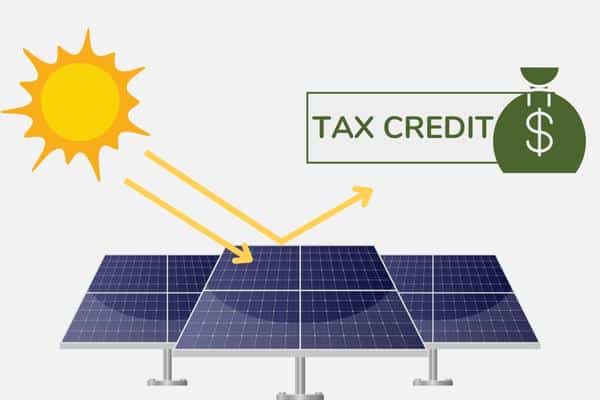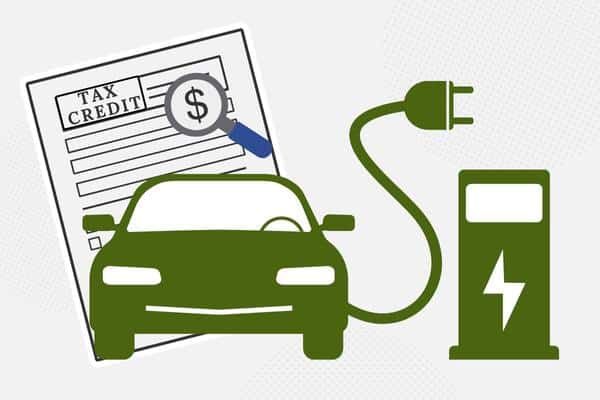If you’ve been thinking of installing solar panels on your home, the Inflation Reduction Act of 2022 provides further incentive to do so. For installations between 2022 and 2032, homeowners can deduct 30% of the cost of panels and installation as a tax credit. There is no limit on the cost or the taxpayer’s income to qualify, however, the equipment must be purchased and not leased. Before going solar, here are important aspects to consider.
Possible Cost Savings
The first step in calculating the potential cost savings of going solar is to determine how much sunlight reaches your roof. Check your address in Google’s Project Sunroof https://sunroof.withgoogle.com/ to see your roof’s sun exposure potential and estimate your cost and savings. An important factor is the number of years it could take to recover the installation cost through utility bill savings. If the payback period is 12 years, for example, it wouldn’t necessarily make sense to go solar if you plan to sell the house sooner than that.
How the Tax Credit Works
If you buy and install solar panels between 2022 and 2032, you can deduct 30% of the cost as a tax credit. For example, a homeowner paying $40,000 on a qualifying solar project will get a tax credit of $12,000 (30%). If income taxes owed are less than $12,000, the remainder will be applied toward the following year’s taxes. The tax credit can be claimed in the year installation is completed, rather than the year the project begins.
Questions to Ask Before Installation
If the cost savings look attractive, answer these questions before moving forward:
- Will your home insurance premiums rise? The answer is likely yes since solar panels on average add $15,000 to the value of a home. Make sure you notify your insurer of the home improvement.
- Does the contractor have good reviews and no complaints with the Better Business Bureau? Although everyone’s experience is different, knowing other customers are happy with their purchase can provide peace of mind.
- Does the contractor use employees or subcontract the work? Having everyone employed under one company can make the process go smoother and ensure installers are experienced in the process.
- Does the contractor provide a good warranty against defects in the panels? Many companies offer lifetime warranties, but they should be for at least 25 years. The warranty should also name a backup company that will stand by the terms set forth in case the original installer ceases operations.
- Is solar panel ownership transferrable to a new homeowner? If the cost is being paid over time through monthly payments, the remaining costs should be able to be transferred to the new owner.
- Do you need a backup? In case the solar panels are not generating power due to an outage or cloudy days, a backup battery or generator can be helpful since the panels themselves do not store power. The good news is solar-powered batteries are also eligible for the 30% tax credit.
- Are financing terms attractive? Consider whether it makes sense to pay up front or finance the purchase with monthly payments. Read the terms carefully as some payments start low and can increase later.
- Does your state also offer incentives? In addition to the federal tax credit, some states offer incentives on state taxes.
In addition to the solar tax credits, the new act provides benefits for multiple clean energy projects, including EV vehicle purchases and other improvements that make your home more energy efficient. Many utility providers offer free or low-cost home energy audits that explore upgrades and incentives homeowners may be eligible for to help offset costs.
SageVest Wealth Management advisors help homeowners determine how home improvement projects can affect future wealth and can help evaluate strategies for funding. Our true wealth management approach means that we view your finances in their totality. This practice delivers more effective and efficient results, and most importantly, it ensures your finances remain focused on supporting your life objectives.




